 |
Dancing at Lughnasa |
 |
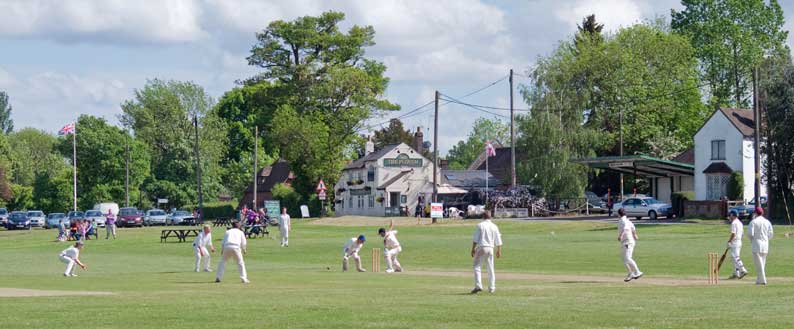 |
Act 1
here
Act 2
here
Programme
here
Drama Productions
Home
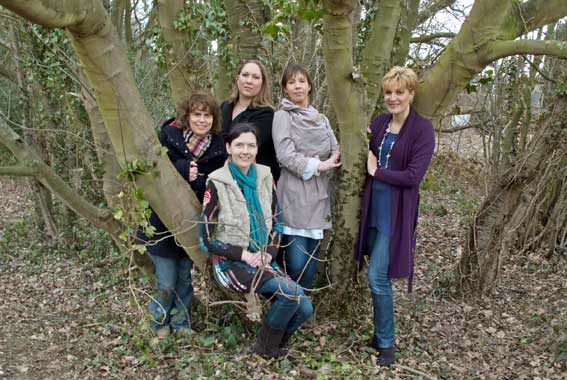
Dancing at Lughnasa
|
Hyde Heath Drama Group’s next production is probably one of their most ambitious and demanding. Dancing At Lughnasa by Brian Friel is one of the great modern Irish plays – thought provoking, often tragic and at times hilariously funny – by one of Ireland’s greatest playwrights. It has been performed in Dublin, on the West End stage, and on Broadway. It was made into a movie in 1998 starring Meryl Streep and was staged last year for a season at the Old Vic. The Drama Group is privileged to be one of the few amateur societies to be given permission to stage the play. Production dates are Thursday, April 22nd, Friday, April 23rd and Saturday, April 24th 2010.
|
|
|
Set in 1936 Dancing at Lughnasa is a play about hopes, frustrations, dreams and desires set against a background of Irish cultural identity, nostalgia, historical change, and pagan ritual. It revolves around the five Mundy sisters (Kate, Maggie, Agnes, Rosie and Christine), all unmarried who live together in a cottage on a farm 2 miles away from Ballybeg in Donegal with Michael, Christine’s seven year old son, born out of wedlock. |
|
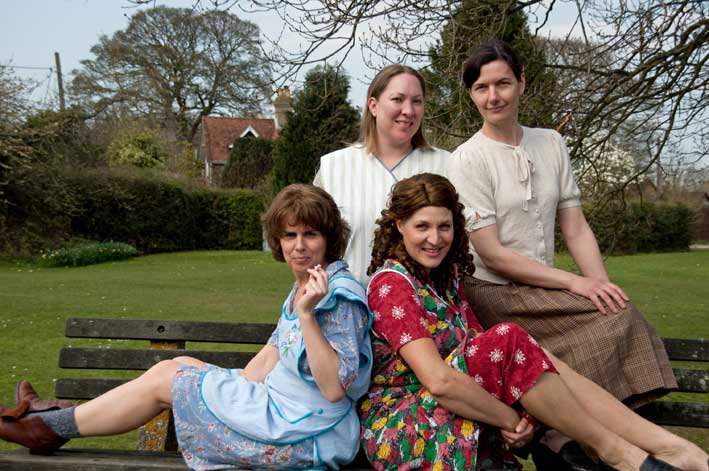 |
|
|
They live a very tight knit and claustrophobic existence in a tiny cottage set on their own piece of land. A safe and secure home. They have just acquired their first radio set which plays an integral part in the plot. Kate, the oldest, is a school teacher and the only sister with a job. Agnes and Rose knit gloves to be sold in town and help keep the house with Maggie and Christine (the youngest) who have no income at all. Music and dancing play a pivotal role in their lives. |
|
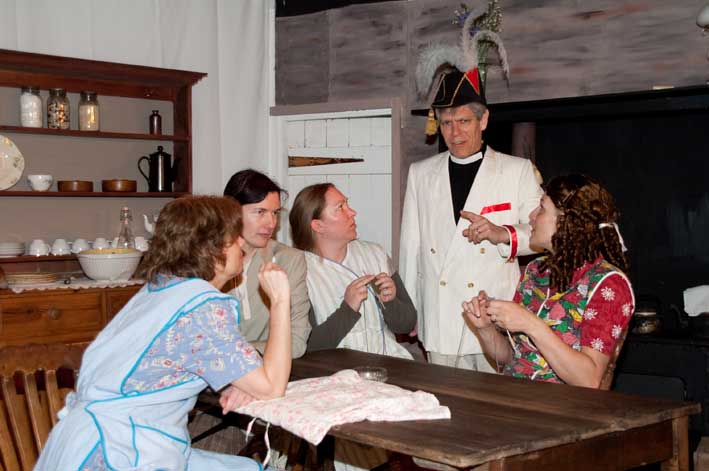 |
|
|
Recently returned home to live with the sisters in their older brother Jack, a priest who has lived as a missionary in Uganda for 25 years |
|
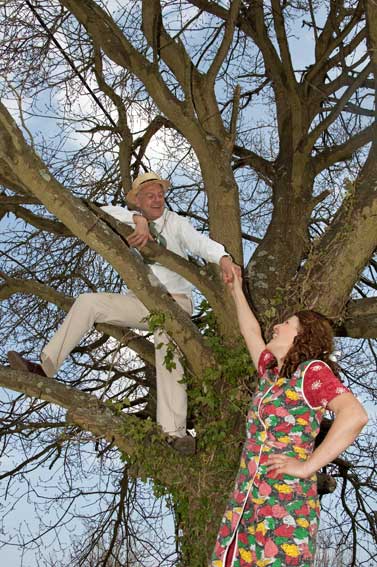 |
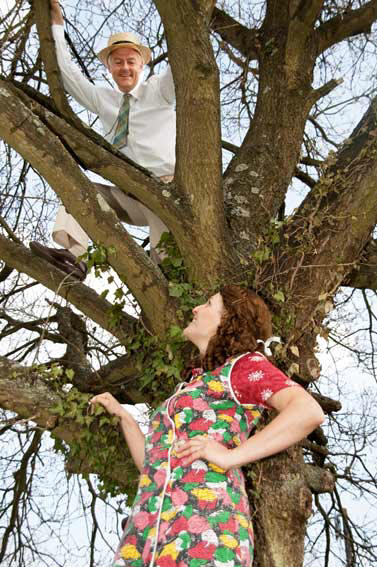 |
However, all of their lives are turned into turmoil with the visit of Gerry Evans, Michael’s father who deserted his mother a long time ago. Gerry is charming, charismatic and completely unreliable. A clown and a vagabond for whom all of the Mundy sisters have a soft spot. |
|
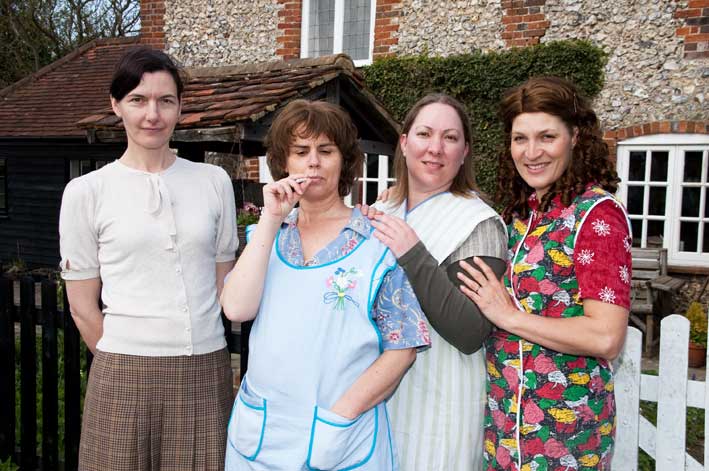 |
|
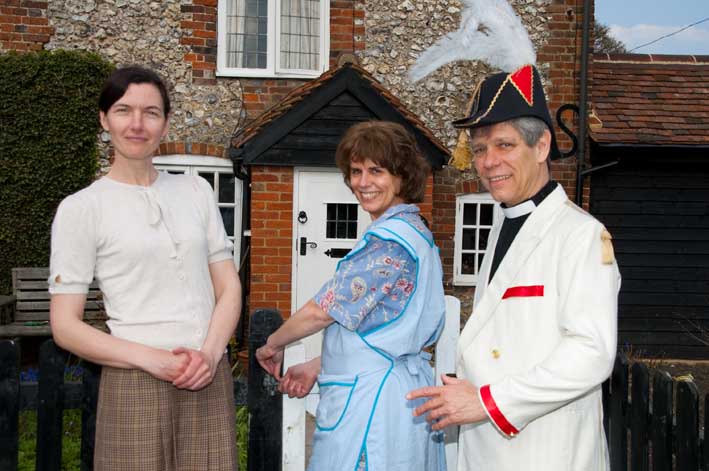 |
|
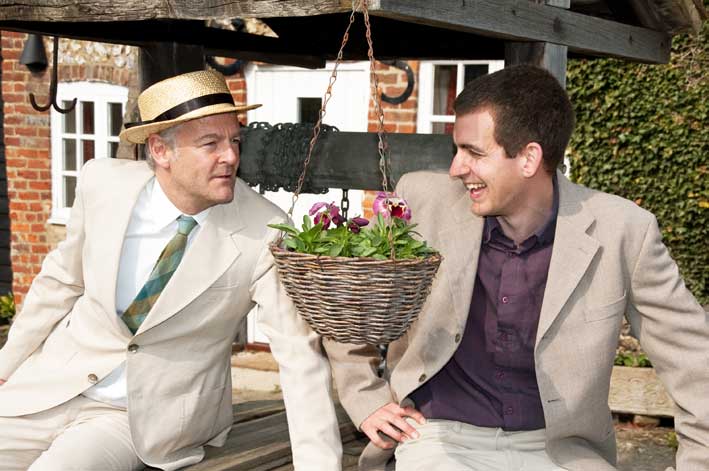 |
|
|
The play is funny, constantly witty and emotive at the same time |
|
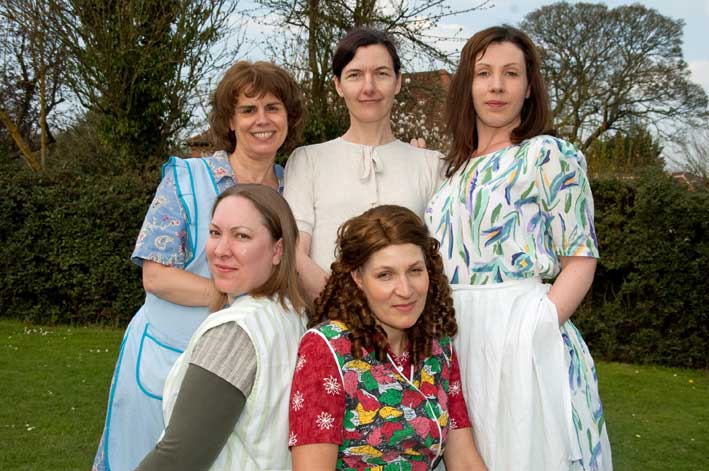 |
|
|
The Daily Telegraph called it: “Magnificent … undisputed masterpiece, a drama that mixes memory and desire, generous humour and piercing sadness. One moment you are laughing uproariously, the next your eyes are filled with stinging tears. Whatever the mood happens to be, at every moment the play feels startlingly true, tender and fresh.” |
|
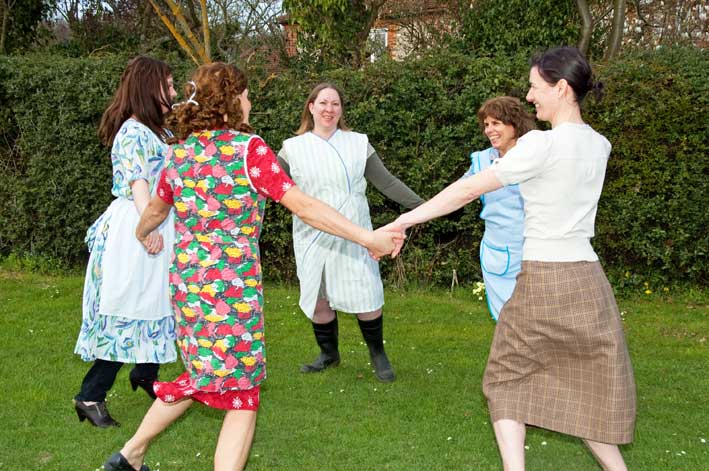 |
|
|
The Times called it: “A wonderful play” . |
|
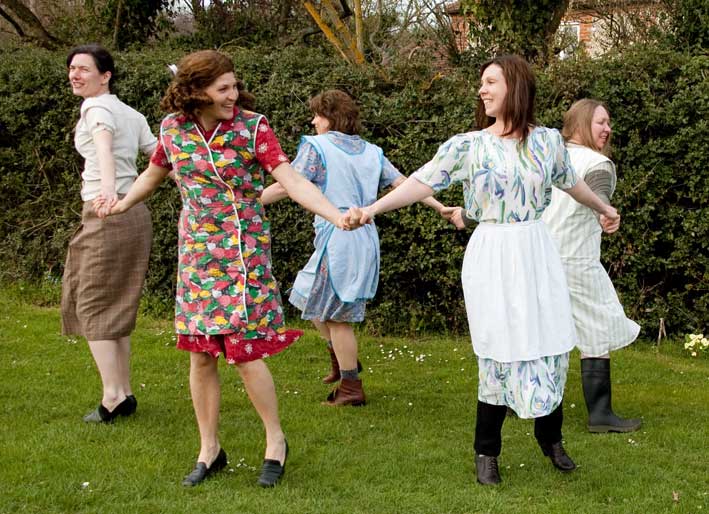 |
|
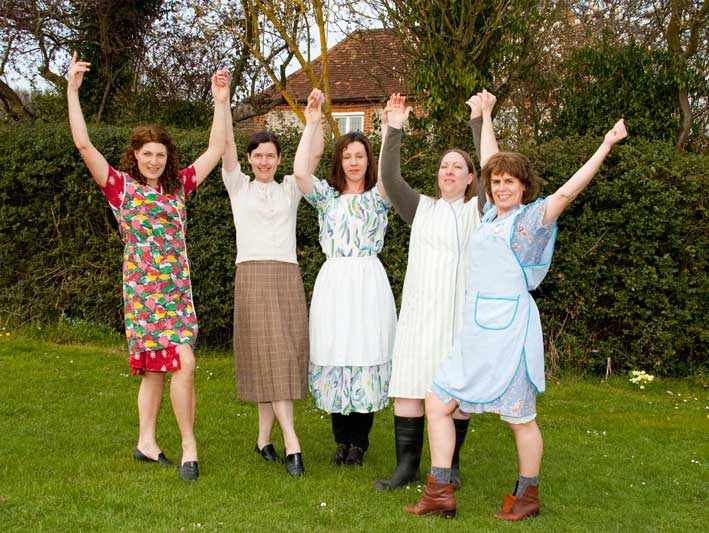 |
|
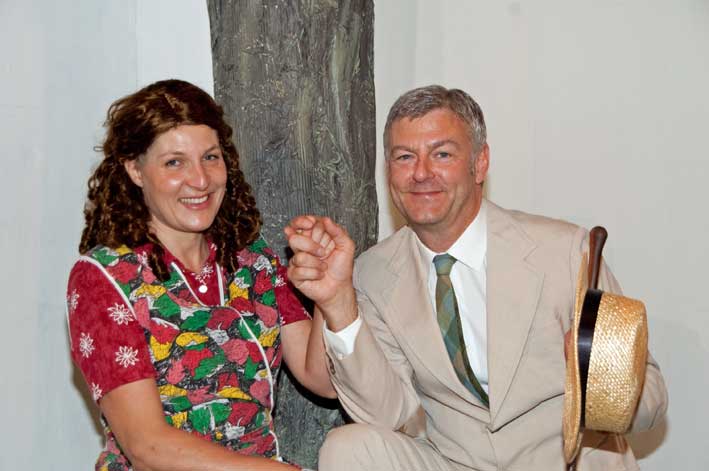 |
|
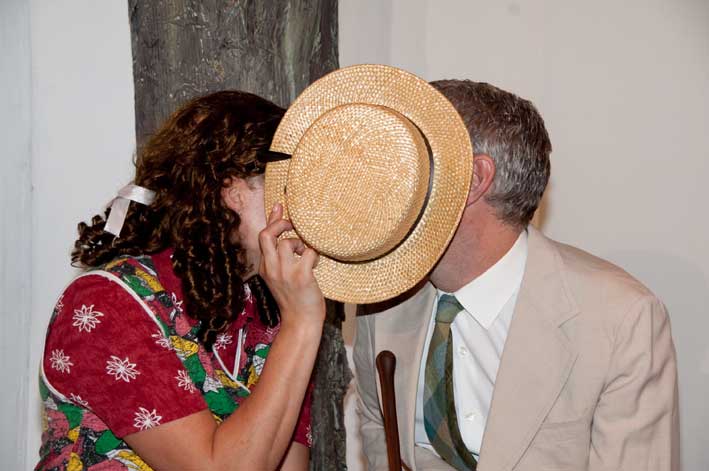 |
|
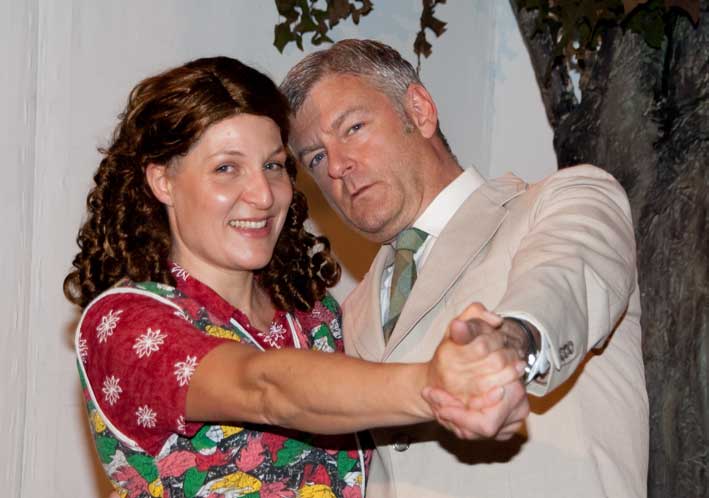 |
|
|
|
|
|
|
|
|
|
|